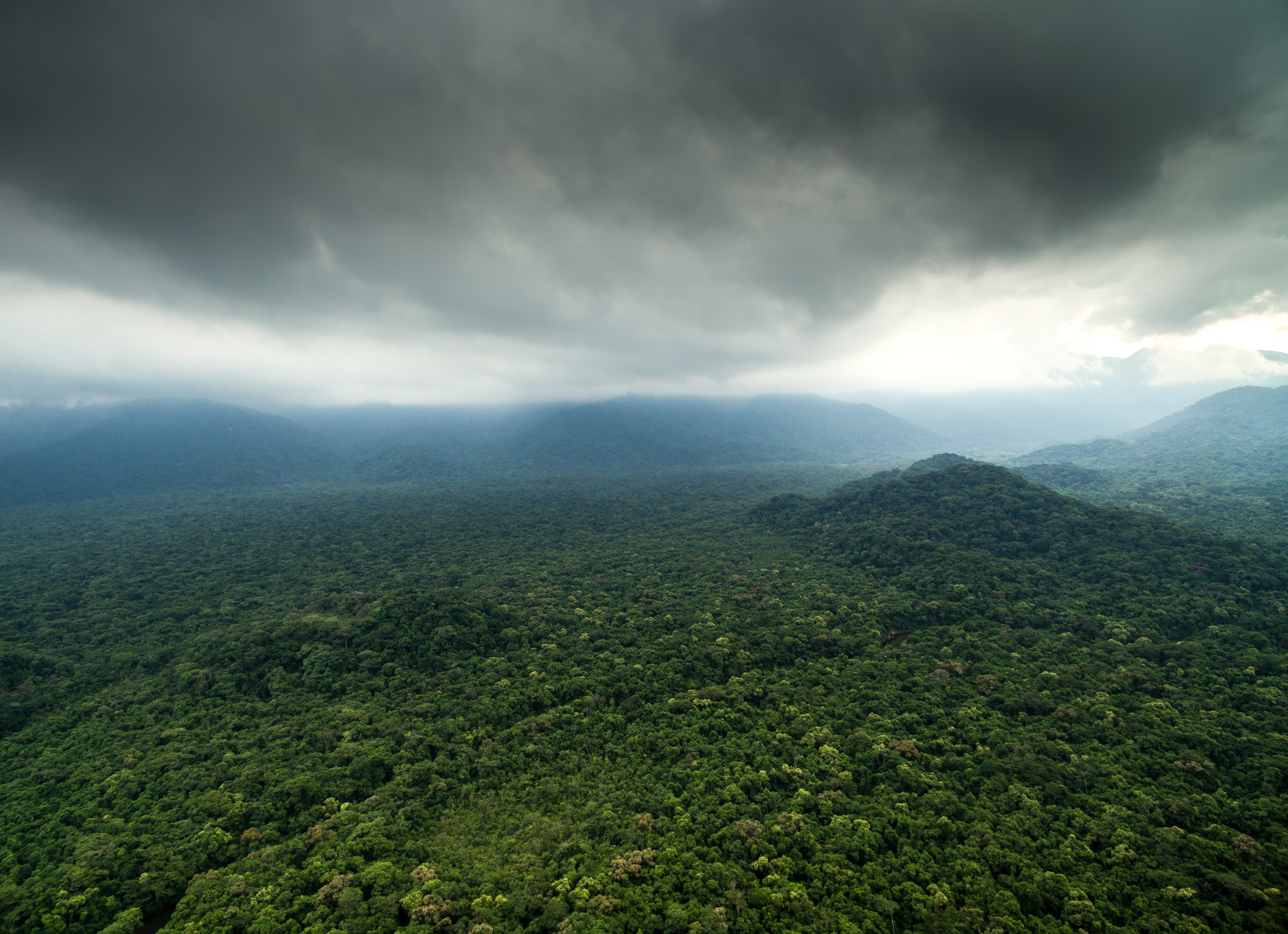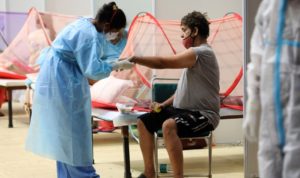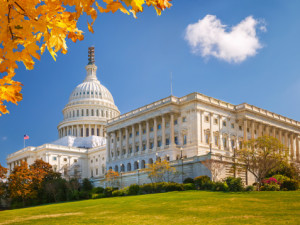
As sorcery and witchcraft-related violence increases, states and international actors seek to regulate.
When writer Kent Russell went to Papua New Guinea to write a piece about the villages there, he found himself standing in the middle of a mob. The mob blindfolded and gagged a naked woman before burning her alive. The crowd was silent as individuals recorded the burning on their camera phones.
What Russell attended is known as a witch killing—a practice that remains common in various parts of the world.
Not confined to works of fiction in popular novels and movies, belief in witchcraft and sorcery remains a part of many cultures around the world. Broadly defined, “witchcraft” is the use of magical skills and abilities derived from paranormal sources. “Sorcery” is typically interchangeable with witchcraft but carries a more pejorative, negative connotation that includes the practice of magic. Although the precise parameters of what constitutes witchcraft and sorcery remain complex and varied depending on the particular culture, the violent consequences that often result from accusations of witchcraft and sorcery—usually made against those who do not practice any sort of magic but who are victims of communities that condemn them nonetheless—poses a serious problem.
At least one researcher believes that more regulation is needed to reduce violence stemming from accusations of witchcraft and sorcery. In her recent article, Miranda Forsyth, a professor at the Australian National University School of Regulation and Global Governance, surveys various initiatives by national governments, non-governmental organizations, and other international organizations aimed at regulating the practice of witchcraft and sorcery, and advocates for more empirical studies on the success of these initiatives.
According to Forsyth, thousands of people are accused of witchcraft and sorcery each year—sometimes with fatal consequences. Those who are accused are sometimes burned alive, tortured, beaten to death, stoned, beheaded, raped, banished, stigmatized for life, or subjected to violent exorcisms. Less extreme consequences include public humiliation through disrobing, tonsuring, parading, or forcing the accused to eat human waste. All of these occurrences are reportedly more frequent in the global South, particularly in countries such as India, Nepal, South Africa, Indonesia, and parts of China.
In Ghana, for instance, segregated camps house between 2,000 and 5,000 women accused of witchcraft who have been banished from civil society. Forsyth notes that the United Nations Commissioner for Refugees has reported mass displacement of persons accused of sorcery, often resulting as persecuted individuals flee their home communities. There is also increasing evidence that African sex-trafficking networks enslave children and women accused of sorcery.
Forsyth explains that although men can be victims as well, the most vulnerable populations to modern-day “witch hunting” are women, children, the elderly, the disabled, isolated members of society, and those with lower incomes. Forsyth observes that witch hunting is also more prevalent in areas facing significant social tension. Individuals are sometimes blamed for economic malaise, uneven development, famine, drought, failing medical systems, capitalism, and political rivalry. In India, for instance, rural women reportedly live in the “fear of being labeled as a witch,” barring them from exercising a range of choices that could show too much “independence of initiative”—a character trait that is incompatible with the traditional role of women in society.
As a result, international organizations are beginning to turn to regulation to protect communities from persecution for sorcery and witchcraft. Within the United Nations, the Refugee Convention, the Convention on the Rights of the Child, the Convention on the Elimination of All Forms of Discrimination Against Women, and the International Covenant on Civil and Political Rights are all treaties that aim to increase awareness of sorcery and witchcraft-related violence, and recommend that countries take steps to regulate witch hunting. In addition to the United Nations, non-governmental organizations such as Amnesty International and Human Rights Watch have also monitored and urged state actors to regulate witchcraft and sorcery-related killings.
Several countries are also working on new legislation that would prevent and protect people from witch hunts. In Papua New Guinea, for example, where Russell witnessed a witch burning, the government is implementing its Sorcery National Action Plan—an effort to uncover and combat sorcery-related violence. Moreover, the Assam state in India reportedly passed the Assam Witch Hunting Prohibition, Prevention, and Protection Bill, seeking to eliminate superstition from society through criminal punishment.
Still, Forsyth recognizes that greater regulation could lead to more harm than good. In the report, she reviews the effect of regulation after Nigeria outlawed the stigmatization of children as witches. According to Forsyth, researchers found that the Nigerian legislation may have in fact driven the practice and fear of child witchcraft underground, with the result that some parents have resorted to killing their children. The South African Law Reform Commission determined that South Africa’s Witchcraft Suppression Act, which prohibited identifying an individual as a witch and professing knowledge of witchcraft, was unconstitutional. The ruling legitimated witchcraft as a religious belief system and gave witches the constitutional right to self-identify legally and practice without the fear of arrest.
Forsyth concludes that regulatory policies combating violence from accusations of sorcery and witchcraft will likely need to be both creative and multi-pronged. Future regulations may require strategic engagement with non-state actors, such as diviners, healers, and churches. Regulatory solutions will also have to grapple with the underlying sources of modern-day witch hunting. This will require legislative action to improve education, health, economic disparities, criminal justice, and gender equality—such as education about human rights and pension schemes to improve the economic status of women and the elderly.
One thing, however, is certain: witch hunting will not go away magically.



